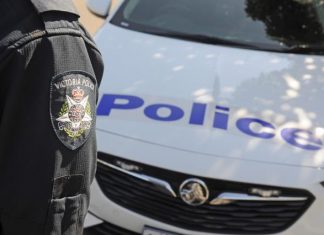By Alesha Capone
Samples of sewerage taken from the Western Treatment Plant in Werribee are being used in an innovative project to identify potential clusters of coronavirus infections.
Melbourne Water chief scientist Dr Melita Stevens said the surveillance of wastewater for the virus was an “exciting and significant” step.
Melbourne Water became involved in the Collaboration on Sewage Surveillance of SARS-COV-2 (ColoSSos Project) after being approached by Water Research Australia to co-ordinate a national approach to testing sewage for the coronavirus.
“This sampling could potentially identify emerging or re-emergent outbreaks, better characterise the extent of asymptomatic infections and community transmission, identify the true peak in infected individuals (compared with confirmed cases) within a sewer catchment and confirm ‘clearance’ of the Covid-19 virus from an area,” Dr Stevens said.
The ColoSSos Project, which has 12 utility partners, 10 research organisations and six health departments involved, is being supported by the Water Services Association of Australia.
Dr Nick Crosbie is managing the project for Melbourne Water. He said sampling has commenced at different sites across the nation.
“This project is in its early stages but is a promising methodology that may yield important new information to help inform disease control measures such as social distancing to flatten the curve.” Dr Crosbie said.
“Sampling began at the start of April at the Western Treatment Plant and is happening across Melbourne’s sewerage network.
“Samples are collected twice a week at the Western Treatment Plant as it takes in sewage from more than half of Melbourne. Other locations are sampled once a week.
“Sampling locations and frequency will be reviewed on an ongoing basis as data comes to hand.”
Analysis of the wastewater samples is being done in specialised laboratories.
The virus is concentrated from wastewater, and then its genetic material is extracted and examined, to confirm its presence or absence.
“Melbourne Water has been involved in similar sewer epidemiology projects for a number of years that involved testing for a range of pathogenic viruses in treated and untreated wastewater and using that data to inform risk assessments,” Dr Crosbie said.







